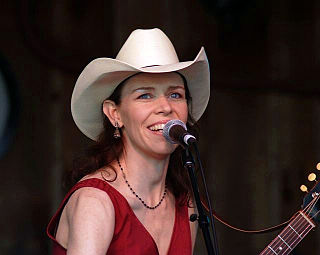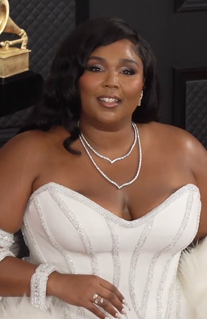A Quote by Christopher Plummer
It is a culture voice, but it is a very American culture voice, and I am very used to English culture voice. So I had to work like hell to flatten those R's.
Related Quotes
I went through some tough times because if you're used to having a voice in contemporary culture and all of sudden, you don't have that voice, you don't have that outlet. I didn't appreciate that. I didn't understand how important that was to me. And all of a sudden, after investing all this time and energy, I had no identity. I didn't know who I was. I didn't know what I had to say. I didn't have a way to say it. It was very painful.
Miami, which has already aired, has this wonderful blend of Caribbean culture and Latin American culture and Southern American culture (talking about fried chicken). All those combine to make for a very very interesting array of ingredients, restaurants, and the chefs that come there. It also has great seafood, not to mention the glorious citrus that's there. And all those things inform what you do - and they should.
But what I would like to say is that the spiritual life is a life in which you gradually learn to listen to a voice that says something else, that says, "You are the beloved and on you my favour rests."... I want you to hear that voice. It is not a very loud voice because it is an intimate voice. It comes from a very deep place. It is soft and gentle. I want you to gradually hear that voice. We both have to hear that voice and to claim for ourselves that that voice speaks the truth, our truth. It tells us who we are.
I remember when Langston Hughes used to write a column in black newspapers around this character Jesse B. Semple. He always used that as a voice, sometimes in comic ways, of having everyday people's voice come through this common folk hero, who was an ordinary working guy. He would talk about anything from police brutality to the Korean War. Those kinds of expression and identification are no longer prevalent in our popular culture.
When I went to Egypt right after 9/11 I was very upset. I used to live in Egypt. I had a lot of friends there. I spent two years teaching there. I had very fond feelings for that part of the world, and the fact that a culture I liked so much had attacked my own culture was really very upsetting to me.



































